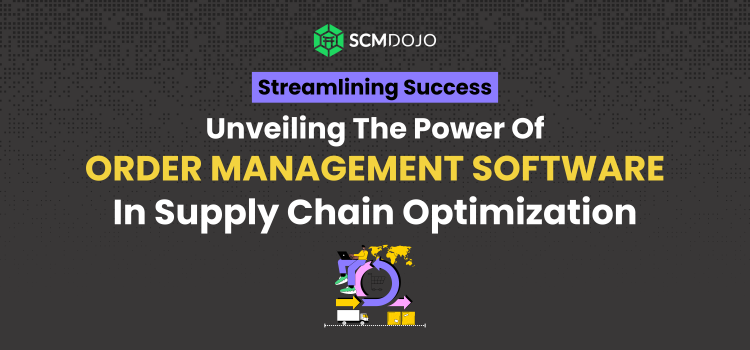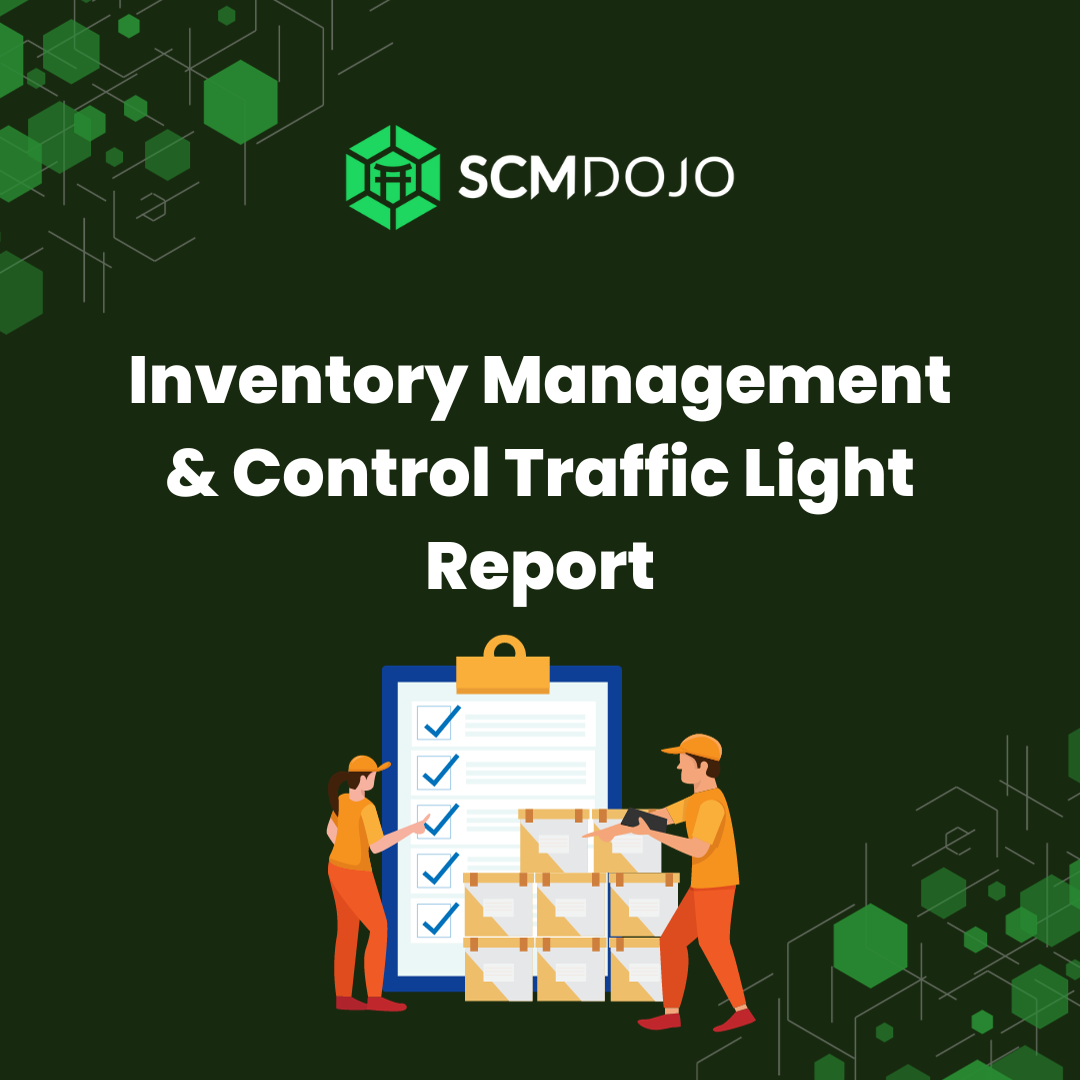Globalization has sped up business growth and enhanced the need for management tasks. In the supply chain, order management and inventory management play significant roles in rapid growth.
Business success requires efficiency and effectiveness in managing an increasing number of orders. It can be problematic and require practical solutions. In this scenario, the Order Management System enters, which is capable of handling all the stress of increasing order volume.
What is Order Management?
In any business, order management is highly significant. It involves a number of activities, from order taking up to its fulfillment. Manually handling all this is expensive and more time-consuming. It has three major parts:
- Inception of order;
- Order readiness (sorting, collecting, packing, and dispatch);
- Inventory administration.
In simple words, order management involves a series of tasks from placement of an order to completion of an order. It includes sensitive user data that should be handled carefully.
A digital method to handle the life cycle of orders refers to order management software (OMS). It facilitates much more than the manual handling of an order. It involves all the steps from order placing up to after-sales service. All the information and its processing are held centrally and accessible to all relevant departments and entities.
Different studies have been conducted, which revealed that there is a global increase in e-commerce, and OMS is needed to meet the requirements. According to Forrester’s statistics forecast, the spending on OMS software is expected to touch the $1.9 billion figure by 2026, which was $1.0 billion in 2021.
Centralized data management helps in managing inventory and effective order tracking. Furthermore, it provides analytical reports, insights, and transparency. It also helps in managing returns and cancellations.
The OMS needs integration of various components of the order management system. A few of these components are accounting systems, selling spots, payment methods and gateways, warehouse management, transport and shipment management, etc. AI-based OMS speeds up operations and optimizes the performance of the supply chain.
Key Features and Functionality
The main purpose of the order management system is to make order management easy and fast. A robust order management system carries the following fundamental features to optimize the supply chain.
Order processing
It facilitates automated order-taking and processing from various sources integrated with the system. In bulk order processing and support, OMS is highly efficient.
Planning for order fulfillment
It enables the designing of rules for order fulfillment, such as priority criteria depending on various factors. AI-based analysis optimizes the order fulfillment process. Availability of templates is also great ease.
Order execution
OMS is capable of optimal order routing, inventory management, and selection of the most suitable transport option for delivery. It merges multiple orders for the same address and creates a single order. It supports multiple delivery options and manages them perfectly.
Order tracking and adjustment
Effective order tracking is also a prominent feature. The system involves IoT-enabled real-time shipment tracking with data shared through digital channels. It calculates expected order delivery times based on transportation provider lead times and current shipment status. Notifications are sent for dispatch, milestones, delays, etc. Customers can modify or cancel orders, and a comprehensive order history is maintained for post-sales support and marketing. The system allows order filtering by customer, date, and status.
Payment processing
It manages payment processing effectively through multiple gateways. For example, PayPal, Stripe, etc. It handles multiple currencies and is also capable of dealing in cryptocurrency. It manages all payment processing activities and facilitates customers.
Return management
Return management is significant for every business, and in online businesses, it is more critical. OMS helps regulate it at its best, including all aspects like returns, return tracking, refunds, and other relevant tasks.
Security and Compliance
The system includes:
- Intelligent fraud detection;
- E-signing for order documentation;
- An end-to-end audit trail for order management activities.
It ensures encryption of order, customer, and payment data, with rule-based retention and deletion of customer data. The platform complies with various regulations such as SOX, PCI DSS, CCPA, GDPR, FAR, Peppol, ZATCA, HIPAA, WTO, and others. It implements multi-factor user authentication and provides permission-based access for different user groups, including sales managers, order managers, and inventory managers.
Order Tracking and Visibility
Once an order is shipped to the customer, active tracking builds trust in the customer. It should be visible to the customer and the company also while it is in transit. OMS provides access to all the entities involved in the process so it remains visible to all relevant persons. Using OMS facilitates real-time order tracking with excellent visibility.
Integration with Suppliers and Partners
For a successful eCommerce website, OMS is really a blessing and streamlines order management. Integration of all necessary elements of order management. It is actively integrated with suppliers and partners, which is necessary for providing access and transparency to all entities.
Normally, OMS is integrated with CRM, Accounting software, sales channels, payment gateways, and shipping systems. Furthermore, BI solutions, inventory systems, TMS, and any other custom needs can be integrated into OMS to achieve the target goals.
Analytics and Reporting
OMS provides a dynamic and well-tailored dashboard and displays all important facts and figures. Analytical results and reports are also significant features that facilitate the active management of sales and orders.
It also provides scheduled and ad hoc sales reports about products, channels and customers. It helps generate customer behavior reports and design effective business and sales strategies.
Using OMS enables businesses or companies to get trend-based and ML-supported predictions about demand. It helps manage production according to enhanced future demands.
Scalability and Flexibility
Every business tries to enhance sales and orders. However, efficiently dealing with this increased number is difficult and requires special attention. However, OMS is capable of handling this increase. The scalability provided by this AI-based software can handle occasional increases and decreases in sales and orders.
Automation of processes provides flexibility and scalability. OMS can easily manage an increasing number of sales channels and orders. As a result, the business time, energy and funds are used to increase productivity and business growth.
Benefits of OMS
OMS is now not a mystery for entrepreneurs, but still, there are many benefits of OMS hidden or unnoticed. Following are a few of the prominent advantages associated with OMS.
Automation
Handling a large number of orders is difficult effectively. Online sales through multiple channels increases the number of customers and orders which becomes difficult to handle. Here comes the OMS which is capable of handling all this stuff through automation of all the relevant tasks and enhancing the order management.
Decrease in Human Error
Manual order handling has chances of human errors like mistyping and human forgetfulness. It may cause a problematic situation that can lead to customer dissatisfaction. A well-integrated OMS automates the processes and reduces the chances of human error.
Timely Reporting
A well-integrated OMS enables the business to get real-time reports about different operations. It assists in making the right business decisions.
Enhanced Customer Experience
OMS processes orders quickly and allows customers to view and track their orders from start to end with expected dates of delivery. It enhances the customers’ trust and level of satisfaction.
Improved Inventory Management
Quick management of orders and integration of other systems help in managing inventory automatically. It never misses out on a single sale and keeps the inventory updated.
Increased Visibility
Enhanced visibility allows all the entities to view and track the orders. Customers and suppliers can both track the orders from inception to delivery.
Real-time Analysis
OMS provides real-time analysis of sales, orders, and other relevant things. It helps in wise decision-making for the growth of business. These analyses assist in chasing KPIs and predictions for sales.
Drawbacks of OMS
Technological advancement has introduced lots of things in business and common life. Everything has a blend of pros and cons. OMS is also not spared. It also has some limitations, although it can be ignored as compared to the benefits. Let’s have a look at them.
Initial Expense Challenges
The primary drawback of an order management system lies in the substantial initial costs associated with its implementation and maintenance. Integrating the system can be intricate and expensive, particularly for businesses with intricate order fulfilment processes. Nonetheless, the system’s eventual return on investment comes through workflow automation and optimization.
Complex Administration
Another notable disadvantage of OMS is the potential difficulty in striking a balance between system functionality and simplicity. OMS typically boasts numerous features that may pose a challenge for beginners. However, this complexity also signifies the system’s flexibility to cater to the specific needs of a business.
Conclusion
OMS is the output of technological advancement and has brought great ease and speed in order management for e-commerce platforms. An order management system is a crucial asset for businesses offering goods or services. While numerous ready-made solutions exist, there are instances where crafting a custom solution from the ground up becomes necessary to align perfectly with your business’s requirements.
Extensive expertise in crafting comprehensive and user-friendly order management systems is mandatory. Tailored to the specific needs of businesses of varying sizes and across diverse industries, customized solutions are designed to scale and provide robust support.
Author
Business Analyst and Digital Supply Chain Consultant
Serge joined ScienceSoft after 15 years of managing his own digital business and with already gained project management experience. As a business analyst, Serge investigates customers’ needs and business processes, identifies pain points and optimization opportunities, and helps design advanced IT solutions that bring strategic advantages and high ROI. As an IT consultant, Serge specializes in the supply chain management field and helps ScienceSoft’s clients digitally transform different SCM processes and drive high ROI.



